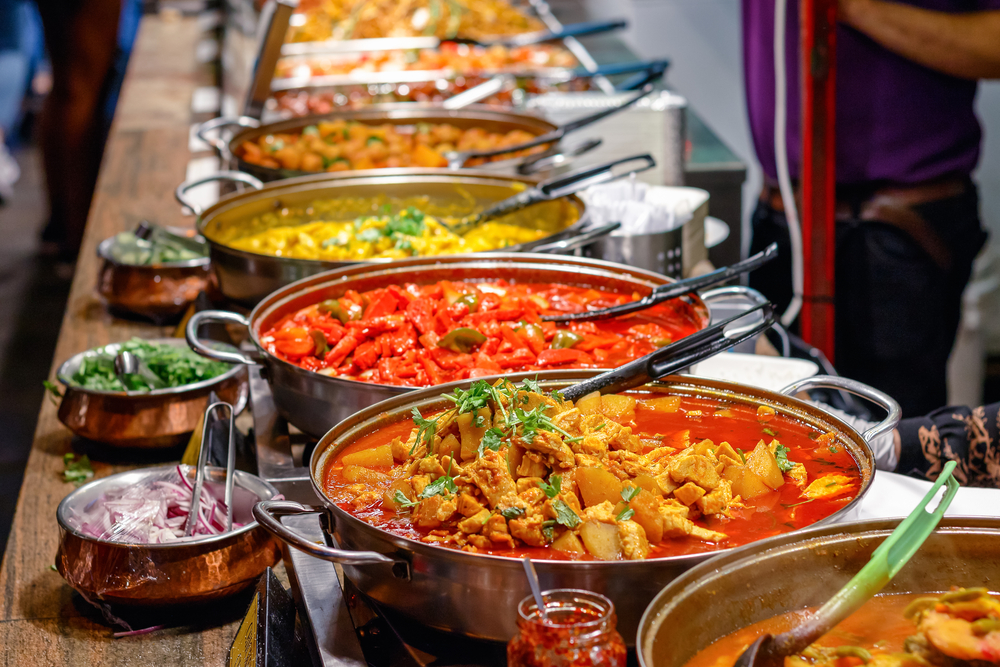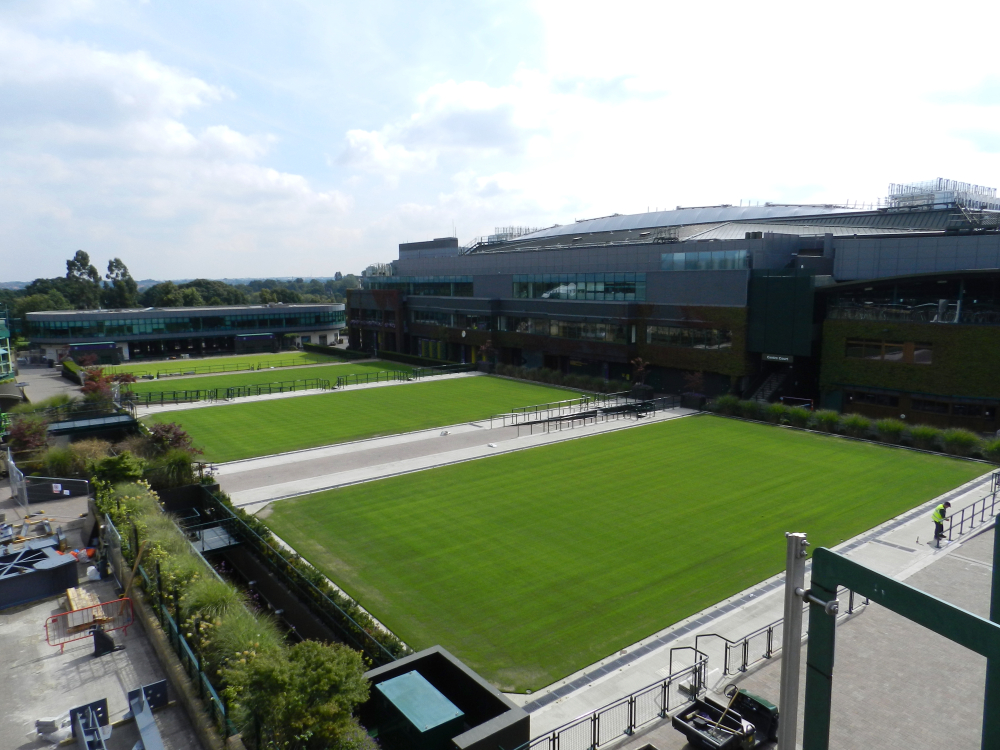Country Snapshot: Cultural Overview
Once the world’s largest empire, the United Kingdom (UK) of Great Britain still wields tremendous influence politically, economically, and culturally. A leading trading power and financial center, the country’s social democratic framework promotes of vision of a national "family" in which all citizens are cared for by the state. The reality’s a little more complicated. British society is well-educated, diverse, and culturally rich, but it also remains fragmented along ethnic, regional, religious, political and class lines.
Cultural diversity varies greatly across the UK. The people of England, Scotland, Wales, and Northern Ireland have diverse traditions, customs, and languages, with further differences within each region. The population is primarily Christian, and Muslims and Hindus are the largest religious minorities. The UK’s cultural, religious, and ethnic groups have co-existed in relative peace with a glaring exception—the often-violent clashes between the nationalist Roman Catholic and unionist Protestant communities of Northern Ireland before relative peace was negotiated. In addition, terrorist attacks in London prompted hostilities toward Muslims, while the 21st century flood of migrants seeking asylum from war and repression in Africa and the Middle East are also targets of discrimination.
Ethnic diversity in the UK has increased substantially due to immigration. The largest groups of immigrants are from Ireland; former British colonies, including India, Pakistan, Kenya, South Africa and Hong Kong; and other European Union nations, including Poland. While some feel immigration makes for a thriving multicultural society, others worry it strains public services and makes the country vulnerable to terrorism.
British cuisine has long been branded as bland and boring, but that’s no longer the case. British food blends traditional favorites (roasted meats, meat pies, sausages, cheeses and rich desserts), spicy dishes from the country’s former colonies and adopted European dishes. Indian curries and Thai stews have joined fish and chips as popular foods. The grand tradition of afternoon tea continues, and Britons remain the world’s largest consumers of the beverage.
Sports have a rich legacy in the UK. A variety of international sports, in their modern forms, originated there, including tennis, golf and rugby. Tennis rules the scene during the high-profile Wimbledon championships. Modern golf is thought to have originated in Scotland, home of the Royal and Ancient Golf Club of St. Andrews. Cricket is the official national sport, and rugby’s popular as well, but soccer is the country’s favorite. The Manchester United Football Club is one of the most successful soccer clubs in the world, with over 50 million supporters.
The stereotype of the Briton with the perpetual stiff upper lip is only part truth. The British in general are known for keeping their emotions in check, but that is not to say they are a people without passion or humor. Look no further than Monty Python, Peter Sellers, Rowan Atkinson and Ricky Gervais as evidence that the British enjoy a good laugh. Check out a local pub or a rowdy soccer match, and you’ll see the makings of a Britain that is not so prim and proper.
Copyright © 1993—2024 World Trade Press. All rights reserved.

 United Kingdom
United Kingdom 
